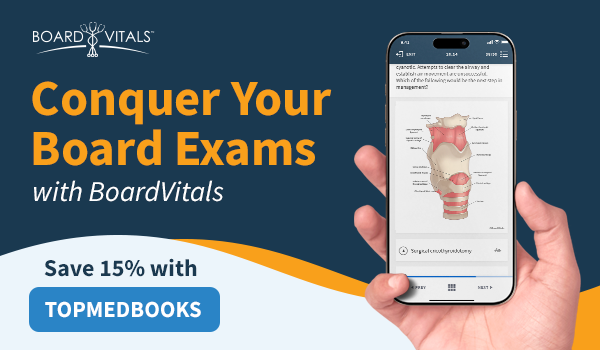
Top Allergy & Immunology Books
Save 15% by entering discount code TOPMEDBOOKS
Clinical Immunology: Principles and Practice, 6th Edition offers comprehensive coverage of both basic science and clinical immunology, updated with the latest research and breakthroughs. It explores the molecular and cellular bases of immunologic diseases, common and rare disorders, and cutting-edge therapies including immune checkpoint inhibitors, CAR T-cell therapy, and gene editing like CRISPR. New chapters cover COVID-19 immune responses, immunoregulatory deficiencies, and asthma. The book highlights advances in genetics, microbiota’s role in immunity, and rapid genomics. With user-friendly features like color-coded boxes for key concepts and clinical pearls, plus "On the Horizon" sections discussing future research, it serves as an authoritative resource for clinicians and researchers. An interactive eBook is included for enhanced study and reference.
Print length : 1344 pages
Middleton’s Allergy: Principles and Practice, 9th Edition remains a premier resource for clinicians and researchers, offering comprehensive, up-to-date coverage of allergy science and clinical practice. This edition includes new chapters on innate lymphoid cells, systems biology, and primary immunodeficiency treatment, while addressing emerging issues like epidemic thunderstorm asthma and precision medicine. It features over 730 full-color illustrations, summary concept boxes, and online multiple-choice questions for board preparation. With a new editorial team and expanded international contributors, this edition provides a global perspective on allergy. An enhanced eBook is also included for flexible access.
Print length : 1840 pages
Save 15% by entering discount code TOPMEDBOOKS






